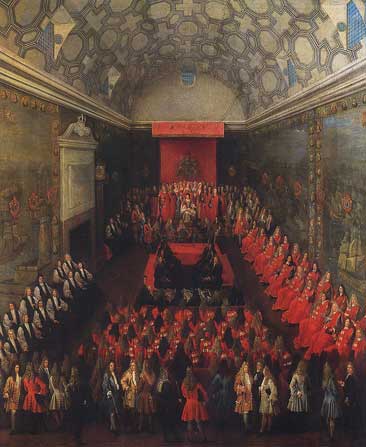

A few days ago in The Register, a criticism of the British government for ignoring Free/libre software was published. We included that in the daily links. But much better coverage comes from Mark Ballard, who alleges that the "Cabinet Office builds open source strategy on proprietary software". Quoting his interpretation of the situation: "The Cabinet Office has chosen a proprietary software system to implement the keystone of its policy to create a level playing field for open source.
“They discovered the same problems that inspired Cabinet Office open source policy hindered their bidding for its own work.”
--Mark Ballard"Under pressure to fulfil the government's election promise to eradicate systemic bias against open source software, the Cabinet Office rushed through a procurement for an asset register last month. But it raised hackles among open source suppliers it invited to bid. They discovered the same problems that inspired Cabinet Office open source policy hindered their bidding for its own work."
When it comes to the public sector, we recently compared to the situation in the UK to that of Romania. A European Union-funded research site, OSOR, has caught up with the absurdities in Romania which seem like they may be illegally anti-competitive. To quote:
Experts on procurement involving open source software doubt the validity of a tender published by the Romanian Ministry of Internal Affairs (MAI) in July, in which it bans solutions based on open source licences. The ministry's justification of the ban "seems to be odd and not convincing and that makes me wonder if it would stand in court", comments for instance Mathieu Paapst, an open source and software procurement specialist at the Dutch university of Groningen.
"The ministry's ban may reflect a lack of understanding of open source", tentatively supposes Patrice-Emmanual Schmitz, a Brussel-based specialist on the European Union's open source licence, the EUPL, working at IT firm Unisys (and one of the consultants involved in the OSOR). "It is a very surprising prohibition."